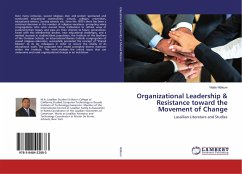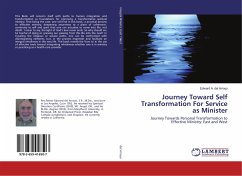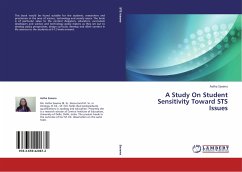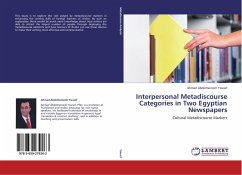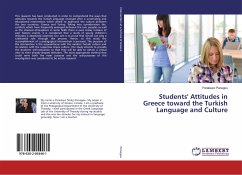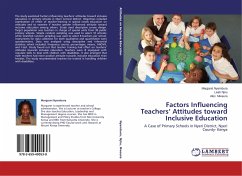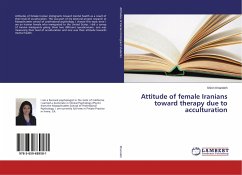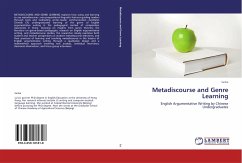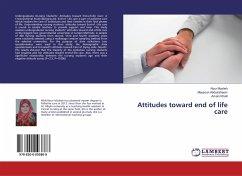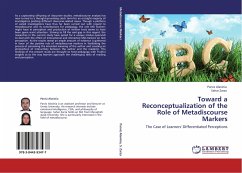
Toward a Reconceptualization of the Role of Metadiscourse Markers
The Case of Learners' Differentiated Perceptions
Versandkostenfrei!
Versandfertig in 6-10 Tagen
45,99 €
inkl. MwSt.

PAYBACK Punkte
23 °P sammeln!
As a captivating offspring of discursive studies, metadiscourse analysis has now turned to a thought-provoking catch term for an outright majority of investigators probing different discourse-related issues. Though a plethora of varied investigations have thus far been carried out with regard to metadiscourse and its contributions for pedagogy, the role MD markers might have in perception and production of written texts seems to have been given scant attention. Striving to fill the said gap in this regard, the researches in the current study have opted for a unique modus operandi to deal with ...
As a captivating offspring of discursive studies, metadiscourse analysis has now turned to a thought-provoking catch term for an outright majority of investigators probing different discourse-related issues. Though a plethora of varied investigations have thus far been carried out with regard to metadiscourse and its contributions for pedagogy, the role MD markers might have in perception and production of written texts seems to have been given scant attention. Striving to fill the said gap in this regard, the researches in the current study have opted for a unique modus operandi to deal with the effect of interactional and interactive MD markers on text perception. As the results reveal an ample amount of evidence is gathered in favor of the positive role of metadiscourse markers in facilitating the process of perceiving the intended meaning of the author and creating an atmosphere of interactivity between the author and the reader(s). The findings of the present study are thought to feed pedagogy with fruitful insights as to the way learners approach the challenging tasks of reading and perception.



